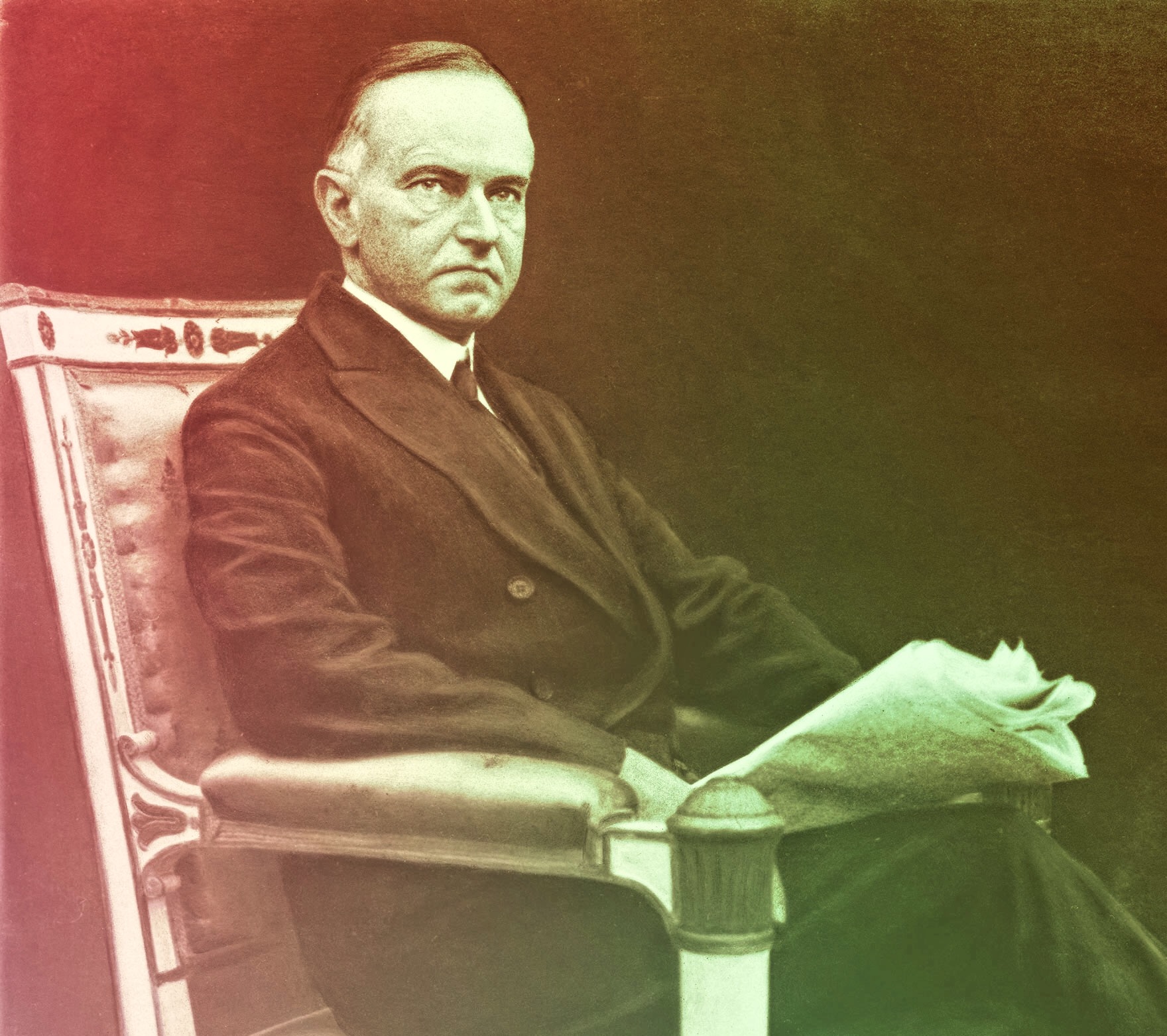In his Thanksgiving Day Proclamation, he encouraged the country to reorient its vision of abundance, progressing not only in material prosperity, but also “in moral and spiritual things.” In his reflections on the Declaration of Independence, he reminded us that ours is a liberty not meant for “pagan materialism,” which would surely turn our prosperity into “a barren sceptre in our grasp.” Years earlier, as President of the Massachusetts Senate, he urged legislators to remember that “statutes must appeal to more than material welfare.” “Man has a spiritual nature,” he continued. “Touch it, and it must respond as the magnet responds to the pole.”
All in all, the message was consistent: “The things of the spirit come first.” For Coolidge, America had entered an “age of science and of abounding accumulation of material things,” and thus, was in sore need of such reminders. When it came to an occasion such as Christmas — a season compounded with those same temptations of materialism — the theme would continue.
“Christmas is not a time or a season but a state of mind,” Coolidge wrote in a 1927 Christmas greeting. “To cherish peace and good will, to be plenteous in mercy, is to have the real spirit of Christmas. If we think on these things there will be born in us a Savior and over us all will shine a star sending its gleam of hope to the world.” That short refrain is likely the most widely read of Coolidge’s reflections on Christmas, but after the presidency, he offered a more extended view.
In 1930, writing on Christmas Eve in his syndicated newspaper column, Coolidge reminds us that Christmas is fundamentally a reminder against our fallen nature and our tendency toward self-salvation and materialistic thinking. Christmas is a time where we look beyond all that and remember the “moral and spiritual power” Christ brought for humankind:
Every day has been numberless times a birthday. Only a few are widely celebrated, for it is not the event of birth but what is done in after life that makes a natal day especially significant. For many generations, Christmas has been joyously observed wherever there has been a vestige of western civilization, because on that day was born one who grew to be the only perfect man and became the saviour of the world. No other fact, no other influence in human experience, has compared with the birth and life of Christ.
Down through the ages He was borne the name of Master. He gained that everlasting title not by the use of any material force but by demonstrating the moral and spiritual power of mankind.
Of course, that “age of science and of abounding accumulation of material things” has only expanded and accelerated in the years since. Likewise, our illusions about the power and promise of “material force” have followed in turn. Let us remember, as Coolidge heeds us to do, that the spiritual things still come first.
“Christmas represents love and mercy,” he concluded. “It was ushered in by the star of hope and remains forever consecrated by the sacrifice of the Cross. Christmas holds its place in the hearts of men because they know that love is the greatest thing in the world. Christmas is celebrated in its true spirit only by those who make some sacrifice for the benefit of their fellow men.”
